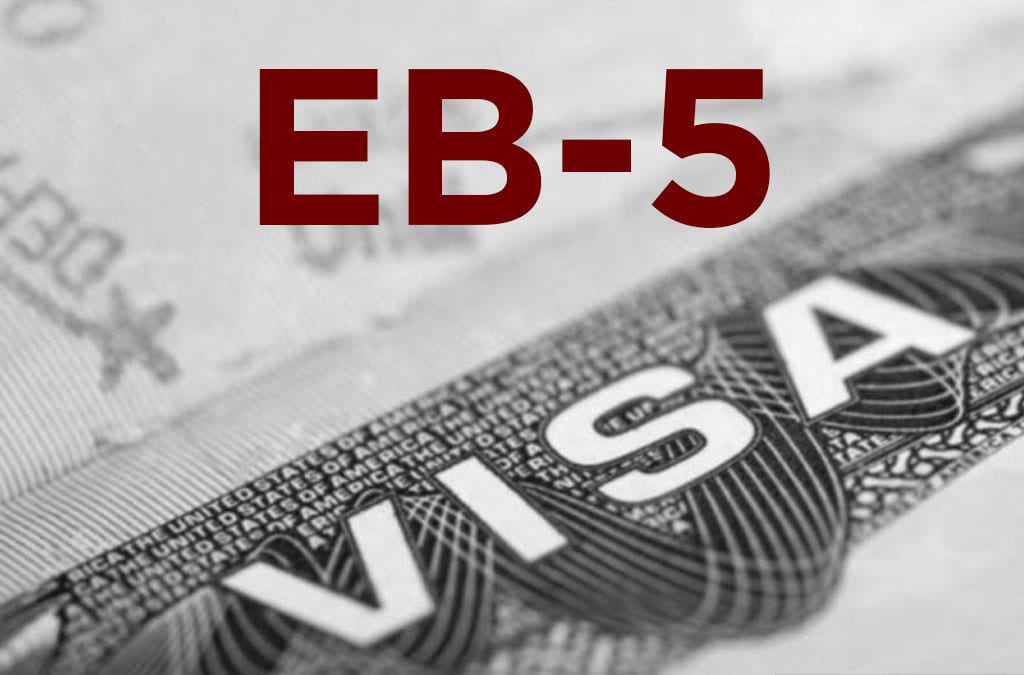
The newspaper Politico is reporting that there are rumors that the Trump Administration is considering reducing the current TEA EB-5 investment amount from $900,000 to $450,000 and increase the number of visas allotted to EB-5 applicants from 10,000 to 75,000. The decrease in investment amount will encourage more high net worth individuals to invest and immigrate to the United States while the increase in visa allotment will resolve the years of retrogressed backlog investors from countries such as China, Vietnam, and India are experiencing.
Every year, Congress sets limits on the number of immigrant visas that can be issued each year. In order to adjust status to that of a legal permanent resident, also known as a Green Card holder, an immigrant visa must be available to the applicant both at the time of filing and at the time of adjudication. No one country in the category is allowed to exceed more than 7% of the visas allowed. For applicants from countries that have exceeded the 7% allowance, a “visa retrogression” (or wait-list) is applied to the country. For more information on options if you are currently retrogressed, please click here and here. USCIS recently changed its adjudicating procedure to adjudicate petitions from countries that are not currently retrogressed first before the retrogressed countries. For more information, please click here. This would mean that wait times for these countries will only increase. Please click here to learn more about children aging out.
At this time, there are just rumors reported by this one newspaper. In November 2019, the EB-5 investment amount increased from $500,000 to $900,000 for targeted employed areas (TEA) and from $1 million to $1.8 million for non-TEA areas. For more information about these recent changes, please click here. These increases have been in talks for years and its only last year did the new rules become law. It’s unlikely that if the investment amount is to change again that it will happen fast. Until there is a change, the current EB-5 rules still apply.